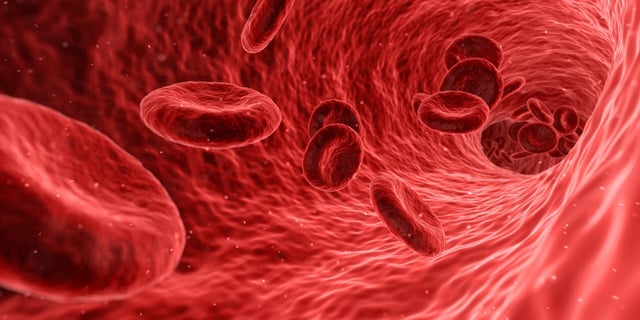Overview
- Erythropoietin (EPO), long known for its role in red blood cell production, has been identified as a key immunosuppressive factor in tumor microenvironments.
- In mouse models of liver cancer, blocking EPO signaling converted immune-resistant 'cold' tumors into 'hot' tumors, enabling immune cells to attack the cancer.
- Combining EPO blockade with anti-PD-1 immunotherapy resulted in complete tumor regression and long-term survival in treated mice, a breakthrough for resistant cancers.
- Tumor hypoxia was found to drive elevated EPO production, which binds to macrophages and suppresses T-cell activity, creating immune-privileged niches for cancer growth.
- Researchers are advancing preclinical development of therapies targeting EPO signaling, including selective inhibitors to avoid anemia, with human trials in planning stages.

